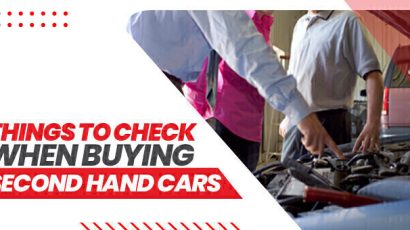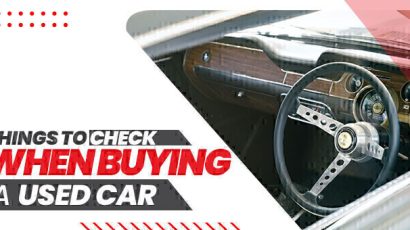
Is a used car reliable?
When you don’t have a high budget but need transportation, buying a used car becomes the best option. A used car doesn’t mean a vehicle whose life has ended or that is damaged. You can find used cars in good condition and within your budget. The question is, what to look for when buying a used car? It needs proper research and a few more considerations while buying. This article is a guide for you to consider some important factors while buying a used car to make an informed and efficient decision. We will also discuss the importance of asking the right questions when buying a used car and how SBT Japan can assist you in finding your perfect vehicle.
Exterior and Interior Condition
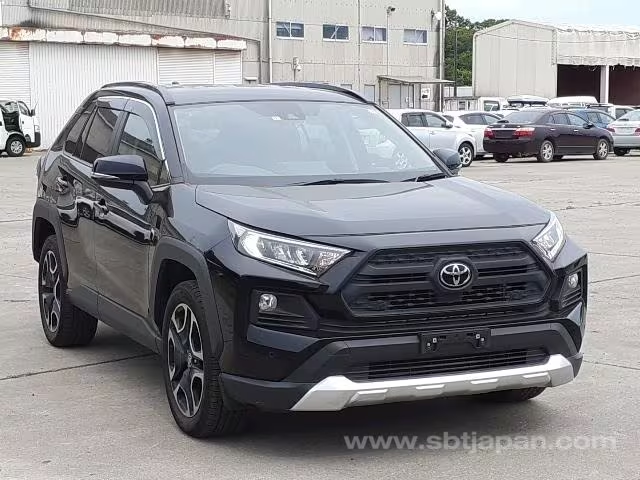
Observe closely the exterior and interior condition of the used car. Look for any signs of damage, rust, or repainting. Uneven paint color or texture may indicate previous repairs.
The interior of the car tells you about the maintenance by its owner and reveals its expected remaining life. It will also help you determine the right price. If you see any indications of significant wear and tear, it means the maintenance was not up to the mark.
Mechanical Inspection and Test Drive
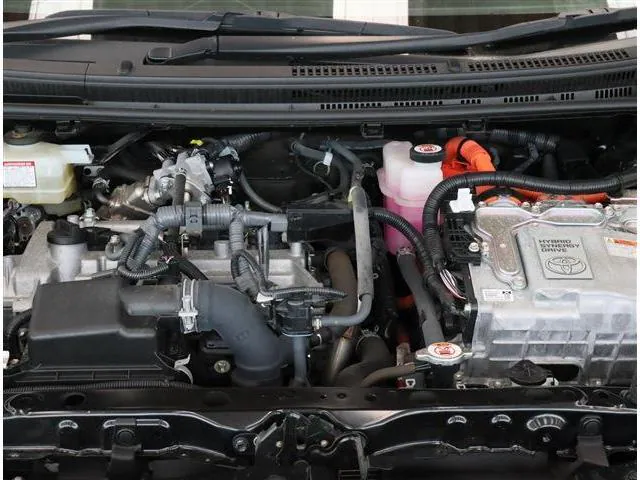
A thorough mechanical inspection and test drive are crucial steps in evaluating the reliability of a used car. Unusual noises, vibrations, or warning lights should raise red flags. A test drive also allows you to assess visibility, seating comfort, and driving position.
Safety Features and Vehicle Title
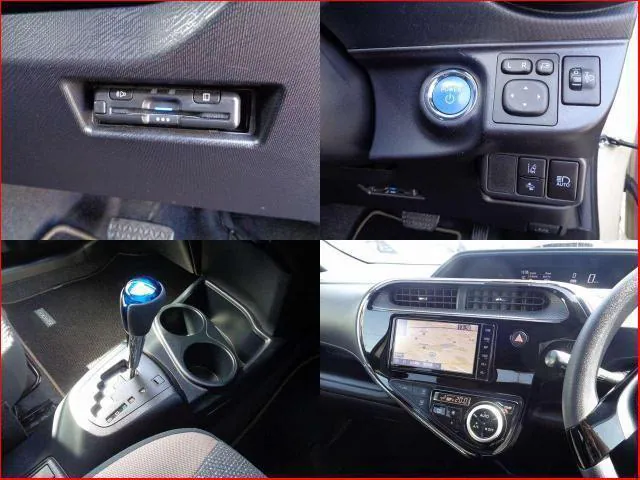
It’s vital that the automobile has all the safety features in order to drive safely. The anti-lock braking system (ABS), for instance, is one of the most crucial safety elements. Traction control, electronic stability control (ESC), and airbags. Additionally, confirm that the vehicle’s title is clear and free from salvage or flood damage branding. Request a copy of the title and review it carefully before finalizing the purchase.
Financing and Warranty Options
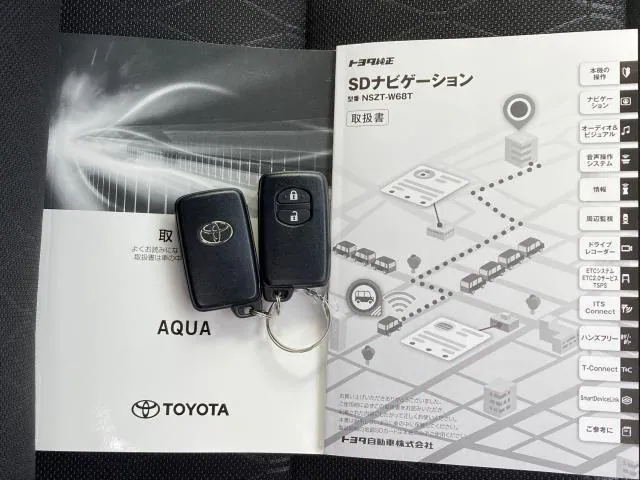
When buying a used car, it’s crucial to consider financing options and warranty coverage. If you require financing, research different lenders and compare interest rates and terms. You may choose to finance through a bank, credit union, or dealership. It’s advisable to get approval for a loan to determine your budget and negotiate with confidence. Additionally, inquire about the availability of extended warranties for the used car you intend to purchase. Extended warranties provide added peace of mind by covering potential repairs and maintenance costs beyond the initial warranty period.
Research and Vehicle Pricing

Conduct thorough research on the make, model, and year of the used car you’re interested in before finalizing your decision. Look for online reviews, consumer reports, and reliability ratings to gain insights into the vehicle’s performance and common issues. Compare prices from various sources, such as dealerships, private sellers, and online marketplaces, to ensure that you’re getting a fair deal. Keep in mind that factors like mileage, condition, age, and demand can impact the pricing of used cars. Being well-informed about the market value will empower you to negotiate effectively and make a confident purchase.
Vehicle Ownership Transfer and Documentation

Once you’ve found the ideal used car and negotiated the price, it’s time to initiate the ownership transfer process. Guarantee that every documentation is properly and precisely filled out. This covers the transfer of the car title, the bill of sale, and any other paperwork needed by your local DMV or other comparable agency. Have your identity, insurance documentation, and money for any necessary taxes and fees on hand. Following the proper procedures for vehicle ownership transfer protects you from potential legal issues and ensures a smooth transition of ownership.
Final Inspection and Taking Delivery
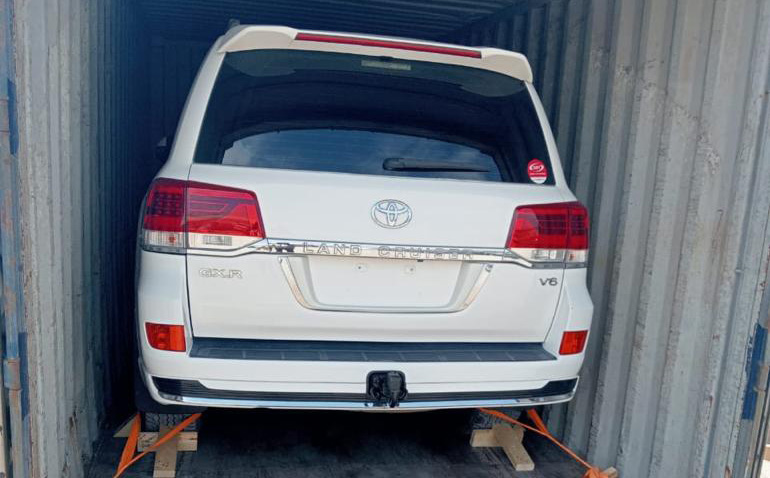
When you’ve done everything and it’s time to take the car, make sure to meet all the agreed terms. Carefully examine the vehicle’s condition, and ensure that the mechanics have completed any repairs or agreed-upon maintenance work to your satisfaction. Confirm that all the necessary accessories, spare keys, and owner’s manuals are provided. It is better to take the car for a test drive to see if everything is the same as in the first test drive. Otherwise, any issue might arise after you take the delivery; it will waste your time and effort.
Ongoing Maintenance and Care
It’s essential to prioritize ongoing maintenance and care to ensure the longevity and reliability of a used car after purchasing it. Follow the manufacturer’s suggested maintenance schedule, which calls for routine oil changes, fluid inspections, and filter replacements at periodic intervals. Keep track of the car’s service history and retain all maintenance records for future reference. Check the tires, brakes, and other parts often for wear and take care of any problems right away. Additionally, practice good driving habits and consider additional measures like regular car washes, rust prevention treatments, and protective coatings to preserve the vehicle’s appearance and value.
Buying a Used SUV: Additional Considerations
If you have a specific interest in buying a used SUV, you should keep a few additional considerations in mind. Look for SUVs that offer sufficient cargo space, seating capacity, and towing capabilities based on your needs. Research the model’s reputation for reliability and fuel efficiency. It’s also worth considering factors like safety ratings, available technology features, and the cost of maintenance and repairs. You may locate a used SUV that satisfies your requirements in terms of lifestyle and price by carefully examining these factors.
Things to Ask When Buying a Used Car
In addition to the aforementioned considerations, it’s essential to make informed inquiries while purchasing a secondhand automobile. Here are some crucial questions to ask:
1. Has the vehicle ever been in a collision?
2. Are there any mechanical problems or maintenance requirements?
3. Why is the car being sold, exactly?
4. Do you have maintenance documents, and has the automobile had regular maintenance?
5. Are there any outstanding recalls on the vehicle?
6. How many owners has the vehicle had in the past?
7. Can I take the car to a trusted mechanic for an inspection?
8. Is the price negotiable?
Asking these questions will help you gain a deeper understanding of the car’s history and condition, enabling you to make an informed decision.
SBT Japan Used: Your Trusted Source for Used Cars
When searching for a reliable and trustworthy platform to buy used cars, consider SBT Japan. If you are not aware of what to look for when buying a used car, the staff at SBT will help you. With its vast inventory and stringent quality control, SBT Japan ensures that you have access to a wide range of high-quality used cars. To help you make an educated choice, they offer comprehensive car information, including features, mileage, and pricing. Their customer support team is ready to assist you throughout the buying process, and their reputation for transparency and customer satisfaction sets them apart in the market. Check our website to get the best deals on used cars for sale in Japan.
Conclusion
Buying a used car is a tricky decision. You need to conduct thorough research and have knowledge about what to consider while buying a used car. Do inspect the car and have a test drive to judge the condition of the car. Remember to consider financing options, warranty coverage, and pricing to ensure a fair deal. Platforms like SBT Japan Used to provide a reliable source for high-quality used cars with transparent information and excellent customer support.








